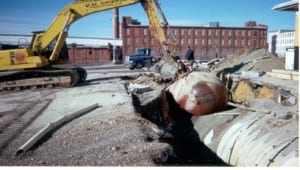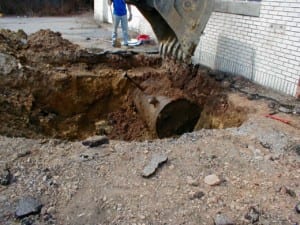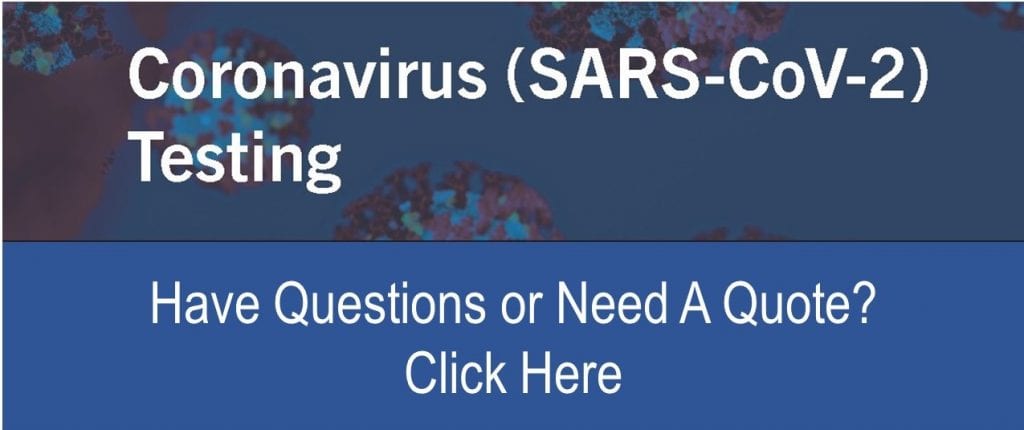 Have you discovered you may have a leaking underground storage tank? Are you wondering how much it will cost to clean up the spill and what the process will look like? We will tell you everything you need to know about requirements for North Carolina cleanup cost reimbursement and the Leaking Underground Storage Tank Trust Fund.
Have you discovered you may have a leaking underground storage tank? Are you wondering how much it will cost to clean up the spill and what the process will look like? We will tell you everything you need to know about requirements for North Carolina cleanup cost reimbursement and the Leaking Underground Storage Tank Trust Fund.
North Carolina motor fuel excise taxes include a .29 cents per gallon underground storage tank (UST) allotment and annual tank fees of $420 per tank or tank compartment collected by the UST Section are used to fund the Leaking Underground Storage Tank Trust Fund (LUST Trust Fund). Eligible UST owners can access these funds for cleanup of spills from their tanks. The LUST Trust Fund coverage limits are fully covered for the first $1 million, and there is a 20% co-payment for the responsible party after the first $1 million up to $1.5 million. Also, there is a $100,000 per tank per occurrence third party liability deductible. This article discusses the steps required to successfully access those funds.
The presentation of the following documentation is required for North Carolina cleanup cost reimbursement eligibility:
The claimant is the owner or operator of a tank.
A copy of the tank registration is acceptable proof of ownership. The name on the registration must match the name of the claimant. Since tank owners are required to keep a copy of the tank registration posted at the facility, a copy should be readily available.
The LUST Trust Fund fees are paid.
The operating permit will be issued as long as the $420 annual fee for the tank is paid on time. Otherwise it will not be issued.
The tank is registered with the North Carolina Department of Environmental Quality (NCDEQ)
Again, if the annual fee is paid, the permit will be issued.
The tank owner or operator can provide documentation that the spill or release from the underground storage tank system occurred on or after June 30, 1988.
Unless you are digging up an old tank and find contamination, your spill notification form to the NCDEQ should contain this information. It is very important to make a strong case that there were no spills prior to 1988 that could have contributed to recent contamination. Spills that occurred prior to 1988, the effective date the LUST Trust Fund was created, are not eligible for cleanup cost reimbursement.
Deductibles
Commercial Fund Deductibles:
- $50,000 for leaks discovered from June 30, 1988, until December 31, 1991.
- $20,000 for leaks discovered from January 1, 1992, until December 31, 1993.
- For leaks discovered on or after January 1, 1994:
- a) $20,000 for commercial heating oil USTs used on premises.
- b) $20,000 for USTs that have installed leak detection, corrosion protection and spill/overfill prevention prior to the occurrence of a leak.
- c) $20,000 for existing USTs (those installed before December 22, 1988) if the department received notification before January 1, 1994, that upgrade or closure work will begin before July 1, 1994, be completed before January 1, 1995 and the release reported before January 1, 1995.
- d) Up to $75,000 for all other commercial tanks (a $20,000 deductible plus 40 percent of the costs between $20,000 and $157,500).
- $100,000 deductible for third-party liability
The claimant cooperates with NCDEQ and LUST Trust Fund in its eligibility determination process, claims investigation, the defense of any suit, the pursuit of a subrogation action and other matters as requested.
In the initial notification to the NCDEQ, the claimant, or its agent, must provide some general details about when and how the spill happened, if any investigation/remediation was conducted, and if you think there may be third party damages. Most of the details come from preparing an application to determine eligibility and answering any follow-up calls or completing an information request letter.
The claimant has met the notification requirements of reporting a claim.
By law, spills must be reported to the NCDEQ within 24 hours of discovery. A separate eligibility application must be completed before the first reimbursement request in order to be eligible to access the cleanup funds. Specific forms and documentation must accompany the reimbursement request for proof of the costs incurred during cleanup.
Cleanup costs to comply with the NCDEQ regulations can be astronomical. Costs for many sites have exceeded $1 million. It is extremely important for the claimant to put together a detailed and well-thought-out claim response package.
There have been many times where LUST Trust Fund has determined that claimants are only partially eligible for funding. In those cases, LUST Trust Fund has only funded a percentage of the investigation and cleanup costs and the claimant was responsible for the rest.
By putting together a good claim package, your liability may be limited to the applicable deductible. Because of our experience in maximizing our client’s access to the funds, most of our clients engage us to contact the LUST Trust Fund claims adjuster and prepare the claim packages. If Ambipar Response EMS performs the environmental assessment and cleanup, we accept payment directly from LUST Trust Fund for all covered costs. If you have any further questions regarding your eligibility for cleanup cost reimbursement please read How Do I Make a Claim for North Carolina Leaking Underground Storage Tank Cleanup Costs? You can also give us a call at one of our locations.


